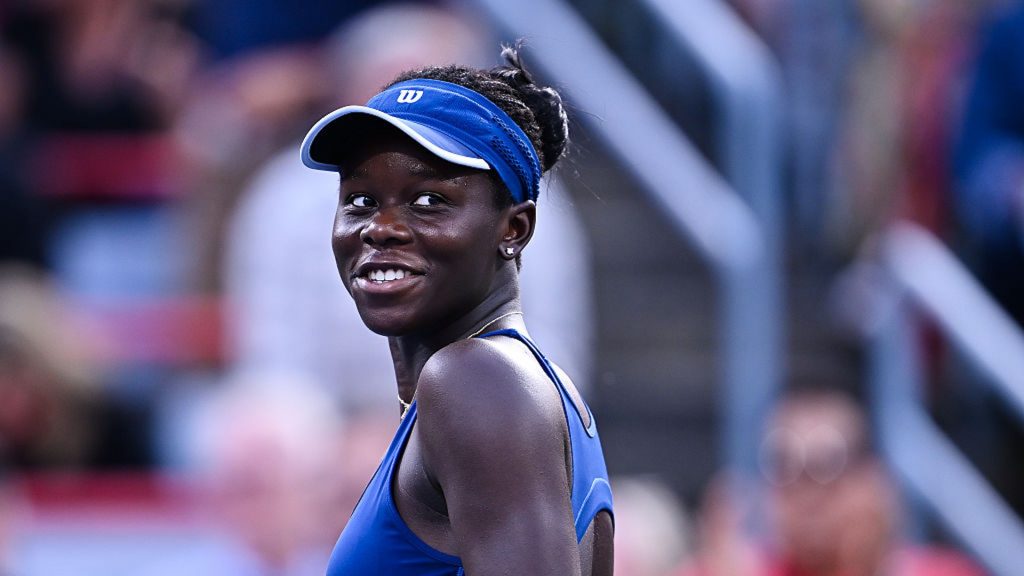Unexpected Turn of Events in Montreal
Elena Rybakina likely believed she had the match secure. She had just dominated 18-year-old Victoria Mboko in an intense 25-shot rally, leaving Mboko gasping for air. The younger player slumped, her racket acting as a crutch, after losing a grueling point. Typically, such taxing exchanges result in fatigue-induced errors in subsequent rallies. But the score was tied at 4-all in the decisive third-set tiebreak, and Rybakina seemed to hold both momentum and a clear fitness advantage.
Mboko’s Remarkable Resilience
However, at 4-all, Mboko struck four forehands with precision rather than desperation, ultimately hitting a winner along the sideline. She continued to seize the next two points and clinched the match, leaving my expectations shattered. Interestingly, she had previously saved a match point, a feat that caused my Tennis Channel stream to falter under the pressure. Mboko repeatedly broke Rybakina’s serve, demonstrating resilience against both her opponent and the streaming issues.
Mboko’s Unique Mental Game
What set this Canadian teenager apart, especially given her world rank of 85? Most seasoned players are still striving to play each point without focusing on past mistakes, yet Mboko seemed to have mastered this mental discipline. She made errors on significant points, but rarely during critical moments, as if balancing her error tally to maintain focus. She played quickly and with a striking calmness, lacking the elaborate rituals seen in players like Rafael Nadal and Novak Djokovic. Rybakina, despite her superior skills, faced a daunting psychological challenge from Mboko.
Rybakina’s Challenges
It’s essential to put things in perspective. Rybakina, a former Wimbledon champion, has had her share of challenges, including the fallout from an abusive coach. This period has witnessed her struggle to close out matches, often losing leads. After Mboko’s impressive forehand, Rybakina faltered with unforced errors, gifting the match to her opponent. In the upcoming final, Mboko was set to face Naomi Osaka, a formidable opponent and four-time major champion who had just overcome her own struggles.
Osaka vs. Mboko Showdown
In the first set of the final, Osaka showcased her dominance by winning 6-2, overpowering Mboko’s defense. However, the second set witnessed a surprising twist as Mboko started breaking Osaka’s serve easily. Despite experiencing a series of double faults, she leveled the match after closing out the set. This revealed another layer to Mboko: her ability to adapt her style, seamlessly shifting between aggressive and defensive tactics.
The Shift in Dynamics
As the match progressed, Osaka’s consistency faltered while Mboko thrived in the chaotic environment, making quick recoveries from errors. The match devolved into an error-laden duel, favoring Mboko’s adaptable style. An unexpected drop shot by Osaka gave Mboko a chance to assert her dominance, effectively sealing the fate of the match as she secured a win.
Future Prospects for Mboko
Critics may question Osaka’s resolve, but she has historically proven her ability to bounce back from tough situations. The new variable was Mboko, who expertly dismantled Osaka’s defenses. As a player who can adapt and handle pressure, Mboko has the potential to leave future opponents bewildered. While she faces her own challenges, including an injury, there’s much anticipation for her performance at the U.S. Open, where she is likely to create further turmoil for any player in her draw.



